Tourism in Southeast Asia has reached its peak in the recent years, and it’s just the beginning. Sounds promising. But think of this: did you know that this boom is one of the major contributors to global climate change? Approximately 27% of CO2 emission is reported to be coming from this region alone. The situation is not getting better, as these countries are lacking strict environmental policies and regulations. Apart from the hazards of pollution, such crimes as animal poaching proliferate. Luckily, more and more people worldwide are becoming concerned about the daunting effect of mass tourism.
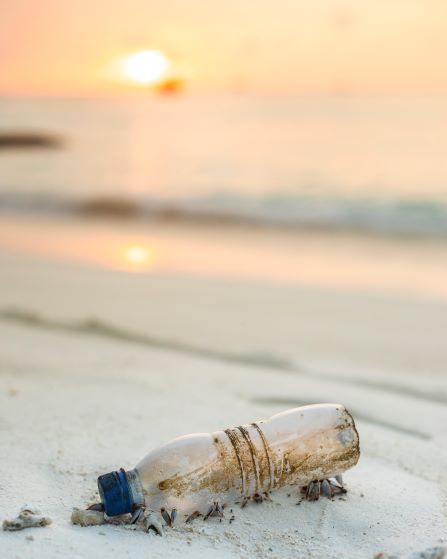
As a travel agency that promotes authenticity and sustainability, we cannot just sit and stare blankly. We strongly rely on these core values in our operation. Not only do we offer eco-friendly services,but we also educate our clients on how to minimize the use of plastic, reduce waste and carbon footprints, which can be a tricky task when on the road. If you care about the future of the planet as much as we do, follow these simple but valuable tips.
As a travel agency that promotes authenticity and sustainability, we cannot just sit and stare blankly. We strongly rely on these core values in our operation. Not only do we offer eco-friendly services,but we also educate our clients on how to minimize the use of plastic, reduce waste and carbon footprints, which can be a tricky task when on the road. If you care about the future of the planet as much as we do, follow these simple but valuable tips.
Airplanes emit fuels during the takeoff and landing, which obviously does not make the environment cleaner. How can you help? Firstly, take direct flights whenever possible, and you won’t contribute to already excessive amount of emissions. Secondly, choose eco-friendly airlines. Luckily, more and more airlines now support the movement and strive to reduce their carbon footprint, or donate a small percentage of their sales to environmental campaigns.


If you have some food left which you won’t eat or take with you, don’t throw it away. Most of the products, from fruit to meat, you can simply freeze and use again when you return. What can’t be frozen can be shared. You definitely know someone who wouldn’t mind that pack of chips. As for the leftovers you can’t do anything with, don’t toss them in the trashbin. Instead, compost them.
Let it “sleep” while you’re away, and you will kill two birds with one stone: save natural resources and your bills. Unplug everything – even the lamp, computer, etc. is not on, it still wastes the power. Don’t forget about central heating. If you live in a cold region, don’t switch it off completely. Set the lowest possible level, just enough to prevent the pipes from freezing.

A responsible traveler should keep in mind the 3R’s principle “Refuse – Reduce – Reuse” to minimize the amount of waste that ends up in landfills.
It’s absolutely easy to turn down restaurant disposables (paper napkins, straws, sugar packs etc.), free promotional goods (e.g. merch at public events), samples (perfumes, soap, shampoos etc.) or flyers (ads handed out on the streets). This way, you help decrease the demand for needless single-use products that only waste natural resources and contaminate the planet.
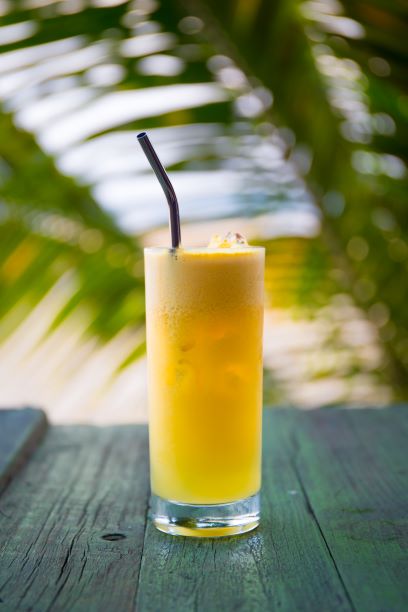

Sustainable tourism starts with oneself. And it starts before the trip. Revisit your approach to packing, and try to declutter. Minimalism should be your rule of thumb: resist the temptation to cram all that you think might be “handy” on a trip, and stick to the essentials. Same goes to the documents like boarding passes, tickets and booking confirmations: instead of a stack of papers in our bag, all of that can be stored in just one smartphone. As a result, you travel lighter, hassle-free and avoid throwing away the excessive items.
Southeast Asian countries like Thailand, Vietnam or Cambodia still rely heavily on plastic and non recyclable items, as the cheapest and most available packaging materials. If you can’t avoid those completely, reuse them. But the best option, which should become your daily habit, is to always have your own cloth shopping bag, fabric handkerchief, a durable thermos bottle, and a set of cutlery with you.

Many travelers fall into a tourist trap, unaware of the actual environmental cost of the activities. We recommend you to take effort and do some research, especially when it comes to animal parks, to check whether their operation is ethical. Advertising can be flashy and appealing, but you never know what the businesses do behind their curtains. Avoid any business that relies on animal exploitation. Instead, head to animal sanctuaries or conservation centres. If you are unsure about the area you intend to go, feel free to contact us. We are always available to answer your questions!
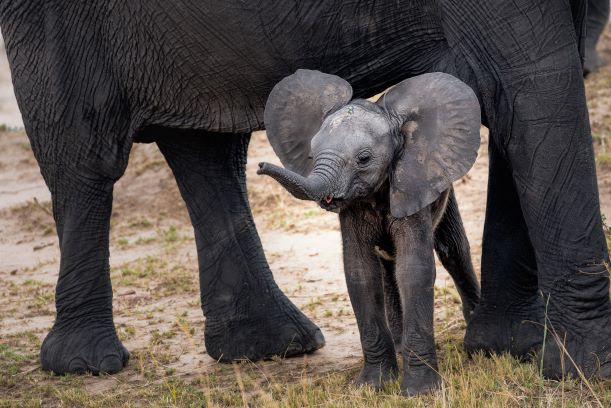
Sustainable tourism is not only reducing the adverse impact on the environment. It also means your action and positive contribution. All you have to do is to be conscious about how you spend your money, and choose the activities that can truly help local businesses grow. It is a win-win situation! You have a fulfilling travel experience of the local cultures you travelled for (visit museums, stay at homestays, do cultural exchange, try local food), and at the same time actively help and the local communities prosper.
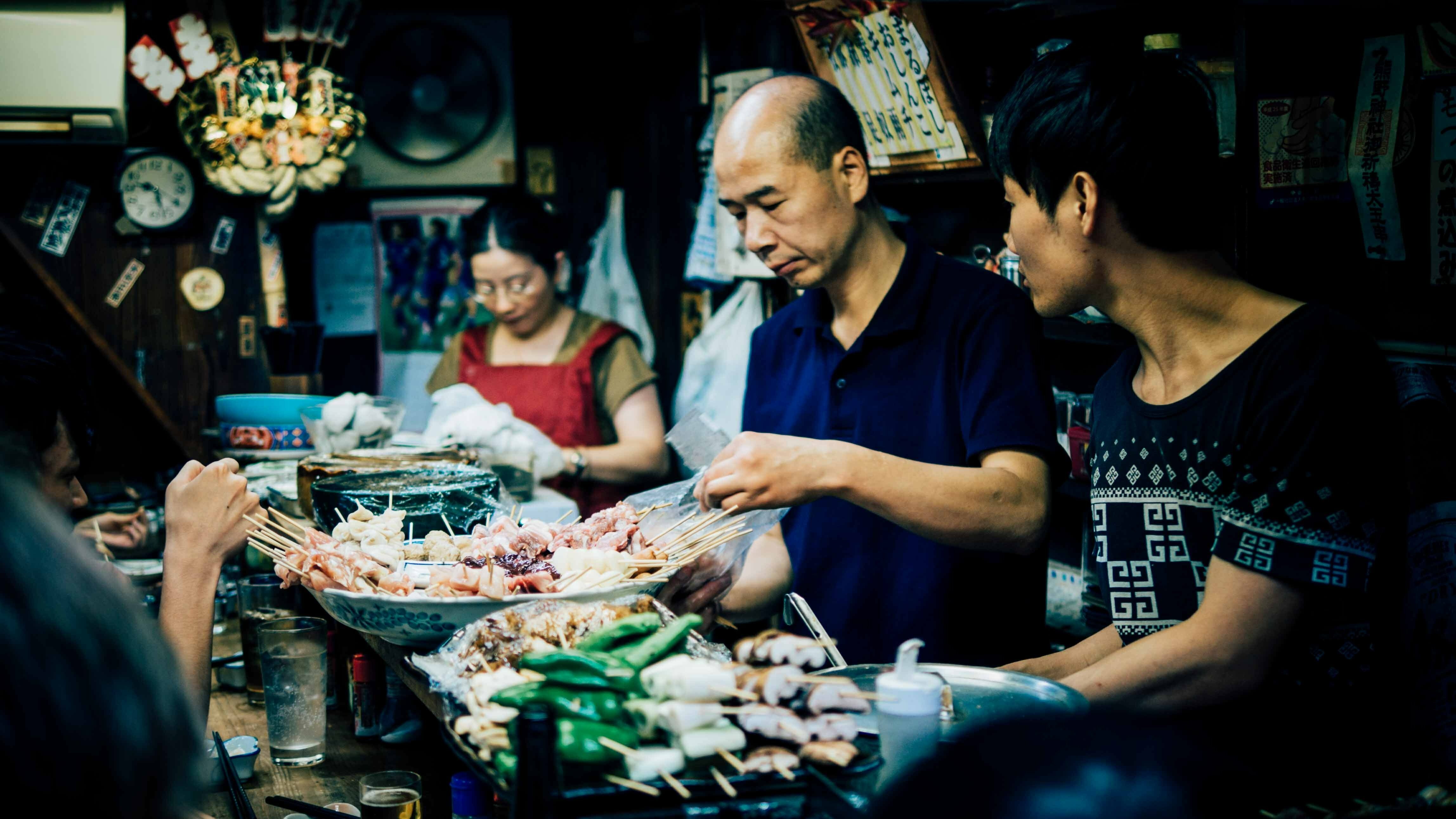
Tourism does not need to be destructive. On the opposite, it can be an agent for great changes in Southeast Asia. Remember that each and every activity you engage in impacts your destinations as much as it impacts your holidays.
Say, you’re arranging your tours, excursions or the complete holidays via a travel agency. Many agencies are profit-driven and only nurture harmful mass-tourism. Be cautious and don’t fall blindly for the beguiling appearances and tempting offers. Do some research before you purchase any service, and opt for the tour companies that are committed to sustainability. Responsible companies seek to eliminate the detrimental effect of tourism. A nice bonus: more and more companies will equip you with eco-friendly kits such as reusable water bottle, toothbrush, cloth bag, and other essentials.
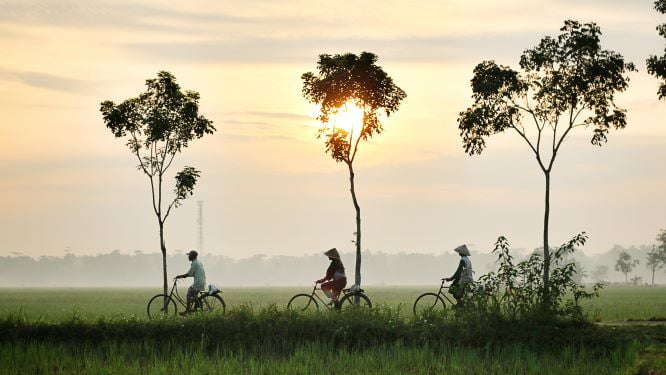
Our ultimate goal is to provide you with the best refined services and authentic experience at each destination, and at the same time, to benefit the environment and local communities with our business. With us, you will be enjoying your private tailor-made tour, ensured that not a single part of it will have a detrimental effect on the environment.
How do we achieve this? To show you around, we engage with experienced local guides. To accommodate you, we choose trusted eco-friendly homestays. To give you a taste of the destination, we collaborate with sustainable local suppliers.